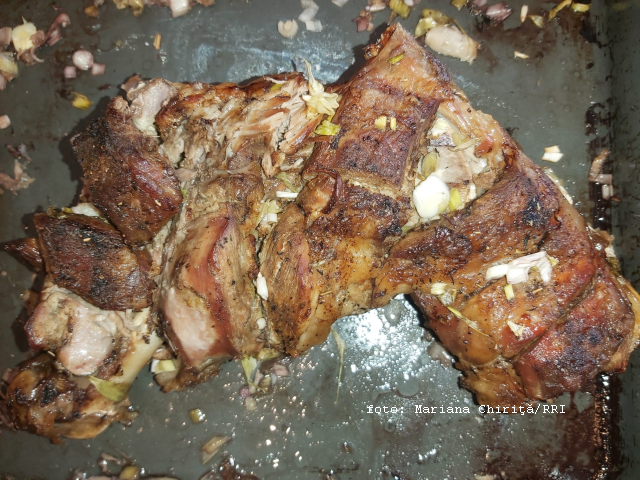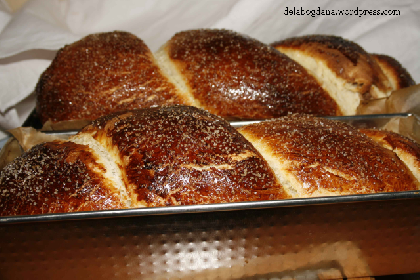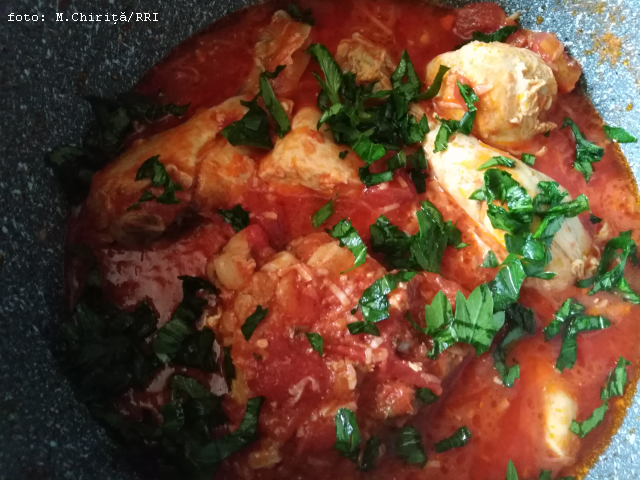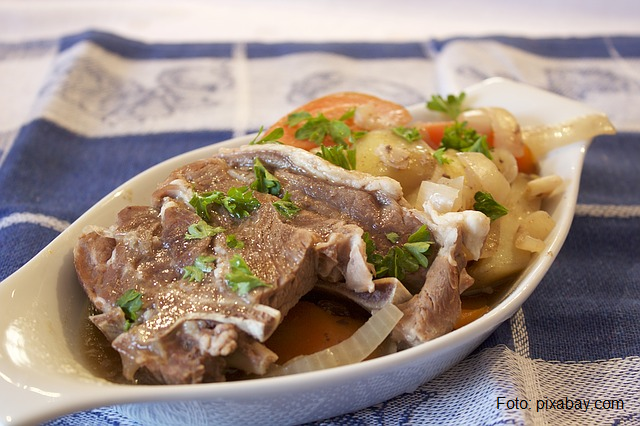Banat Sausage
Today’s edition is about a staple of many cuisines, popular on all continents, made in the most incredible variety of ways. We are talking about sausage. Romania also has a great variety of ways of making sausage, with local specificities depending on regional influences and customs. For instance, maybe the most famous kind of sausage in Romania named after a village is the Plescoi sausage from Buzau County, which betrays its Balkan and Turkish influences, as it is made of mutton, is long and thin, and is quite spicy, using chili powder. Sausage in the region of Oltenia are also long and thin, made of a mixture of pork and beef. Transylvanian sausages are usually thicker, and they tend to be made of fattier pork, with lots of garlic. The Saxon sausage of eastern Transylvania is leaner, mostly beef, and has lots of chili powder. Then there is the Banat sausage, which we recently mentioned in features about the sausage competition run by the German language Banater Zeitung, based in Timisoara.
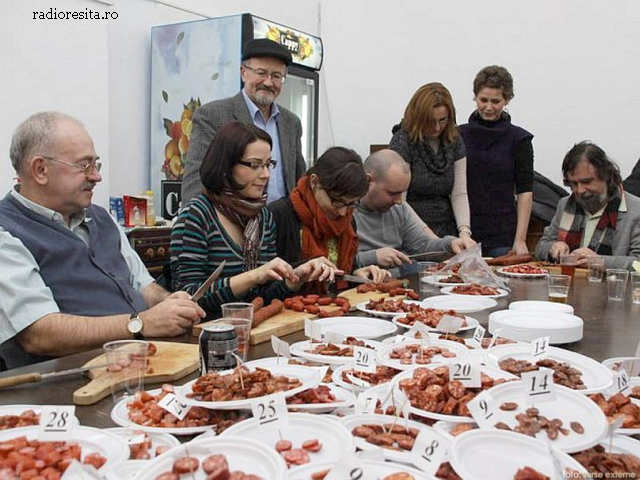
Ștefan Baciu, 13.02.2015, 13:33
Today’s edition is about a staple of many cuisines, popular on all continents, made in the most incredible variety of ways. We are talking about sausage. Romania also has a great variety of ways of making sausage, with local specificities depending on regional influences and customs. For instance, maybe the most famous kind of sausage in Romania named after a village is the Plescoi sausage from Buzau County, which betrays its Balkan and Turkish influences, as it is made of mutton, is long and thin, and is quite spicy, using chili powder. Sausage in the region of Oltenia are also long and thin, made of a mixture of pork and beef. Transylvanian sausages are usually thicker, and they tend to be made of fattier pork, with lots of garlic. The Saxon sausage of eastern Transylvania is leaner, mostly beef, and has lots of chili powder. Then there is the Banat sausage, which we recently mentioned in features about the sausage competition run by the German language Banater Zeitung, based in Timisoara.
For the Banat sausage, you need about two kilos of pork and half a kilo of fatback. For the flavor you need one head of garlic, a tablespoon of paprika, coriander and ground black pepper. You also need some good bone stock. Mince the cubed pork and fatback, preferably with your trusted hand cranked meat mincer, which makes for a cleaner ground. If you want the minced meat to come out smoother, run it through the mincer twice. Blend all the condiments and spices into the minced meat, using stock to keep it moist and to bring it together. Add salt to taste, and then fill the casing, shaping the sausages properly. You want a length of about 40 cm to have a proper Banat sausage. Dry them, and then smoke them. Even though they are fine to be eaten as they are, only dry-and-smoke cooked, they are mostly cooked, and a lot of people traditionally fry them in oil or in lard.
Again, Banat food tends to be quite on the heavy side, as people fry in lard even French fries or chips, and they use sour cream in their vegetable and meat soups. Of course, bear in mind that this is country food, for people who do hard physical work all day, who burn through a lot of fat. Whichever is your preference, there is a particular satisfaction associated with making your own sausage at home, and our advice is: don’t avoid the experience. Good luck and bon appetit!

